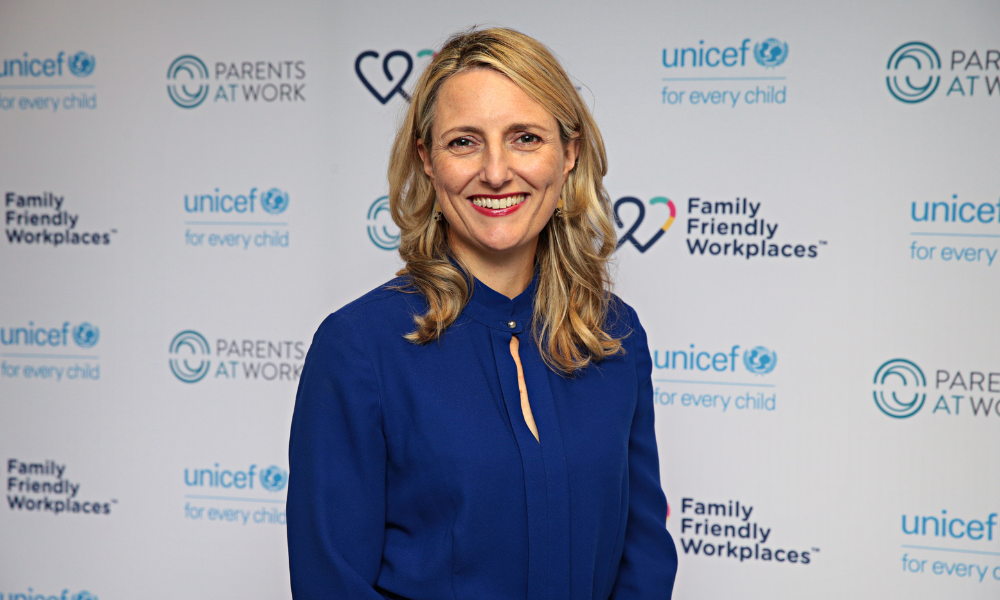
Group pushes for increase to leave from 18 weeks to 26 paid weeks

Australia lags behind the OECD average of paid parental days. Sadly, it appears that the gap will not be closed any time soon — but one group is pushing for change.
The OCED Family database illustrates how Australia is trailing behind other OECD nations on a number of measures for paid parental leave.
The length of available paid leave (both maternity and parental) in the OECD is, on average, 53 weeks for mothers and eight weeks dedicated leave for fathers.
This is generous when compared to Australia’s government-funded leave, which is paid up to the first 18 weeks of the birth of a child depending on certain criteria being met, such as an income and work tests.
“To support working families and to normalise the uptake of parental leave by fathers, we’re encouraging the government to commit to a long-term vision to advance gender-equal paid parental leave provisions over the next decade,” Emma Walsh, Parents at Work CEO, said.
They recommend the government invest in increasing the leave from 18 weeks to 26 paid weeks in the next 12 months — with a ‘use it or lose it’ in two weeks component — so that a minimum of 24 weeks is reserved for each parent with a full 26 weeks available for single parents.
“We also want the federal government to commit to a plan to incrementally increasing the number of weeks paid over-time to reach 52 paid weeks with 12 weeks reserved for each parent by 2030,” she said.
Other requests by the Parents at Work group include increasing access and use paid parental leave from one year to five years, and to use the paid leave flexibly, while also reviewing the amount of pay to factor in an allowance for superannuation and to be paid closer to a replacement wage rather than a minimum wage.
The Parents at Work group and the Advancing Parental Leave Equality Network have made a joint submission to the Senate Community Affairs Committee who are reviewing the Paid Parental Leave Amendment (Improvements for Families and Gender Equality) Bill 2022, which are looking to enhance Australia’s paid parental leave laws, by allowing the extended 20-week entitlement to be shared flexibly by parents.
“The financial barriers to providing longer paid leave can be complex and partly stems from not thoroughly understanding the return on investment for business and our society,” Walsh said.
The expectations placed upon men and women in the workplace are vastly different when it comes to flexibility, part-time work, and especially parental leave, she said.
“Overwhelmingly, it is women who are expected to take on a disproportionate amount of ‘caring’ leave. There is still very much a stigma that taking care of children is a ‘mother’s job’, and this leaves both men and women with caring responsibilities fearing a sense of isolation and general workplace discrimination.”
According to the Workplace Gender Equality Agency (WGEA), three in five Australian employers now offer parental leave in Australia.
It's estimated that government-funded primary carer leave is only transferred to fathers in about 2% of cases said Walsh.
“And even for men wanting leave, many are unaware of their leave entitlements, and information on policies and the application process is complex – deterring many fathers.
“The fact that the current scheme uses a flat rate wage, based on the national minimum wage, rather than a wage replacement formula, creating a financial barrier putting on the pressure on families and employers to make up the shortfall. We know the majority of Australian employers do contribute to paid parental leave.”
The Senate sub-committee are expected to make their recommendations on the Paid Parental Leave amendment next week.